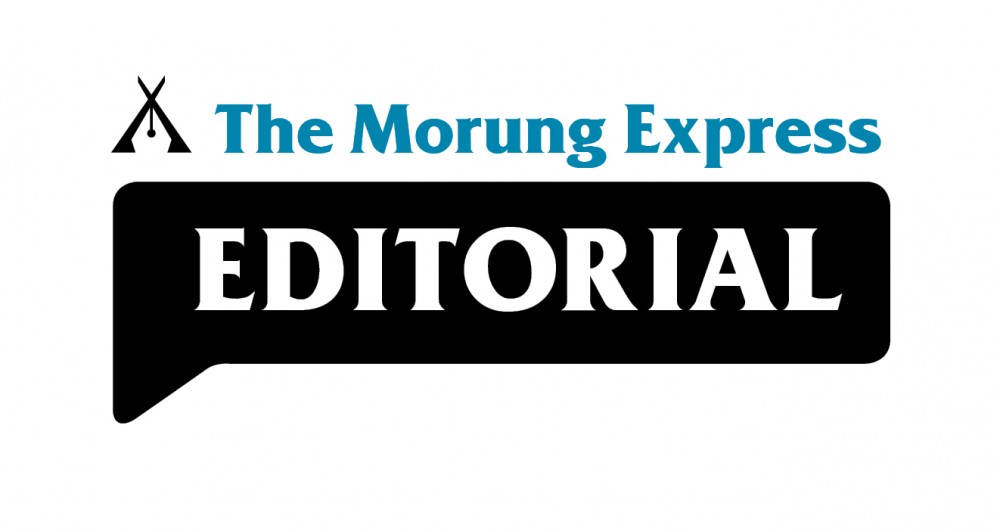
Aheli Moitra
The Indo-Naga issue has always had an international audience.
Last week, media in Nagaland delivered the news of Liberation, an international anticolonialist campaign group and civil rights advocacy organisation based in London, submitting a written statement to the United Nations Human Rights Council at its 39th session being held from September 10-28. The statement was titled ‘Protection of Indigenous Peoples’ Rights vis-à-vis the Ongoing Indo-Naga Peace Talks.’ It expressed concern over the “growing opposition and continuing protests against the Indo-Naga peace process between the Government of India (GOI) and National Socialist Council of Nagaland- Isaac Muivah (NSCN-IM), by the neighbouring states which threaten to derail the peace process and result in continued violations of the rights of indigenous Naga people.”
While underlining the Naga struggle for self-determination, the statement also highlighted the role of Naga women as peace builders and the position of the Naga peoples at the current political juncture.
Liberation recommended to the HRC to urge all parties to the Indo-Naga political negotiations to respect democratic process, to welcome third neutral parties (including UN bodies) to aid the negotiations, send a team to assess the Indo-Naga peace process and send a human rights delegation to assess the human rights situation in North East India.
While the NSCN (IM) has welcomed the statement, the GOI has remained silent.
Founded in 1954 as an amalgamation of smaller campaign and lobby groups, Liberation was previously called the ‘Movement for Colonial Freedom.’ According to the Archives and Special Collections of the SOAS Library, MCF had campaigned for an end to British colonial rule in Africa, Asia and the Caribbean. Today, Liberation continues to fight for social justice, human rights, peace and disarmament, the abolition of racial discrimination, and to promote economic and political self-determination for the peoples of the Global South. It also provides a space and framework to highlight and discuss issues of concern with the United Nations, the British Parliament, the International Labour Organisation and Trade Unions.
The UN Human Rights Council, to which Liberation submitted its statement, is an inter-governmental body responsible for strengthening the promotion and protection of human rights around the globe and addressing situations of human rights violations and to make recommendations on them.
The recommendations made to the HRC have been necessitated by the seeming deadlock in the Indo-Naga negotiations as well as the mounting opposition to a Naga-favourable solution and the failure on the part of negotiating parties to address these issues. The GOI is averse to taking the opinion of international bodies and third parties in what it terms an ‘internal disturbance’ which it attempts to resolve through ceasefires and negotiations; historically, this approach has led to the formation of new territorial councils and states. Since fresh ideas have run dry and given that even the GOI has a broader approach to the Naga peace process, it should consider the options that Liberation has offered to resolve the intractable issues of the North East and release the deadlock.
Discussion on the same can be sent to moitramail@yahoo.com






